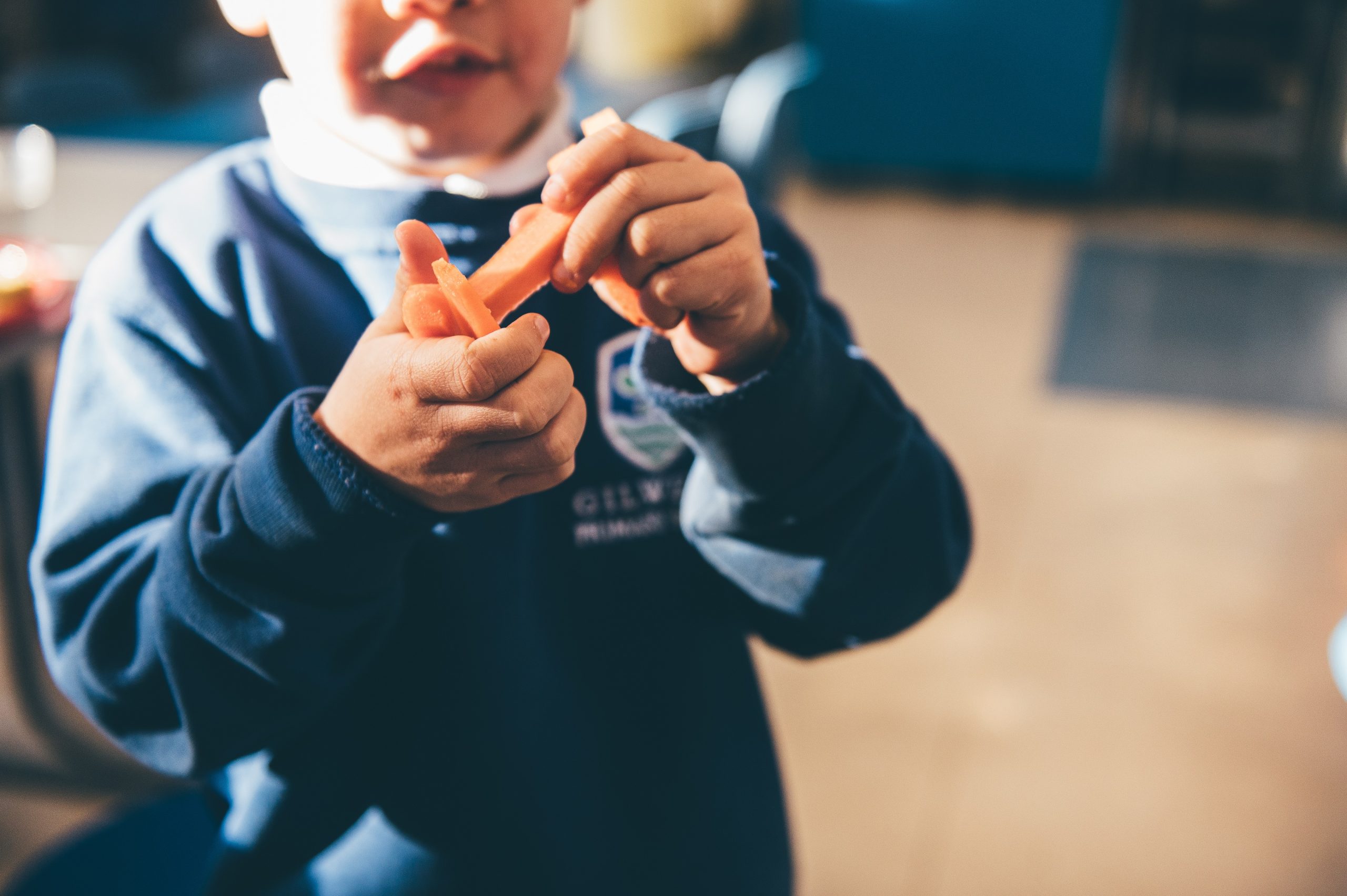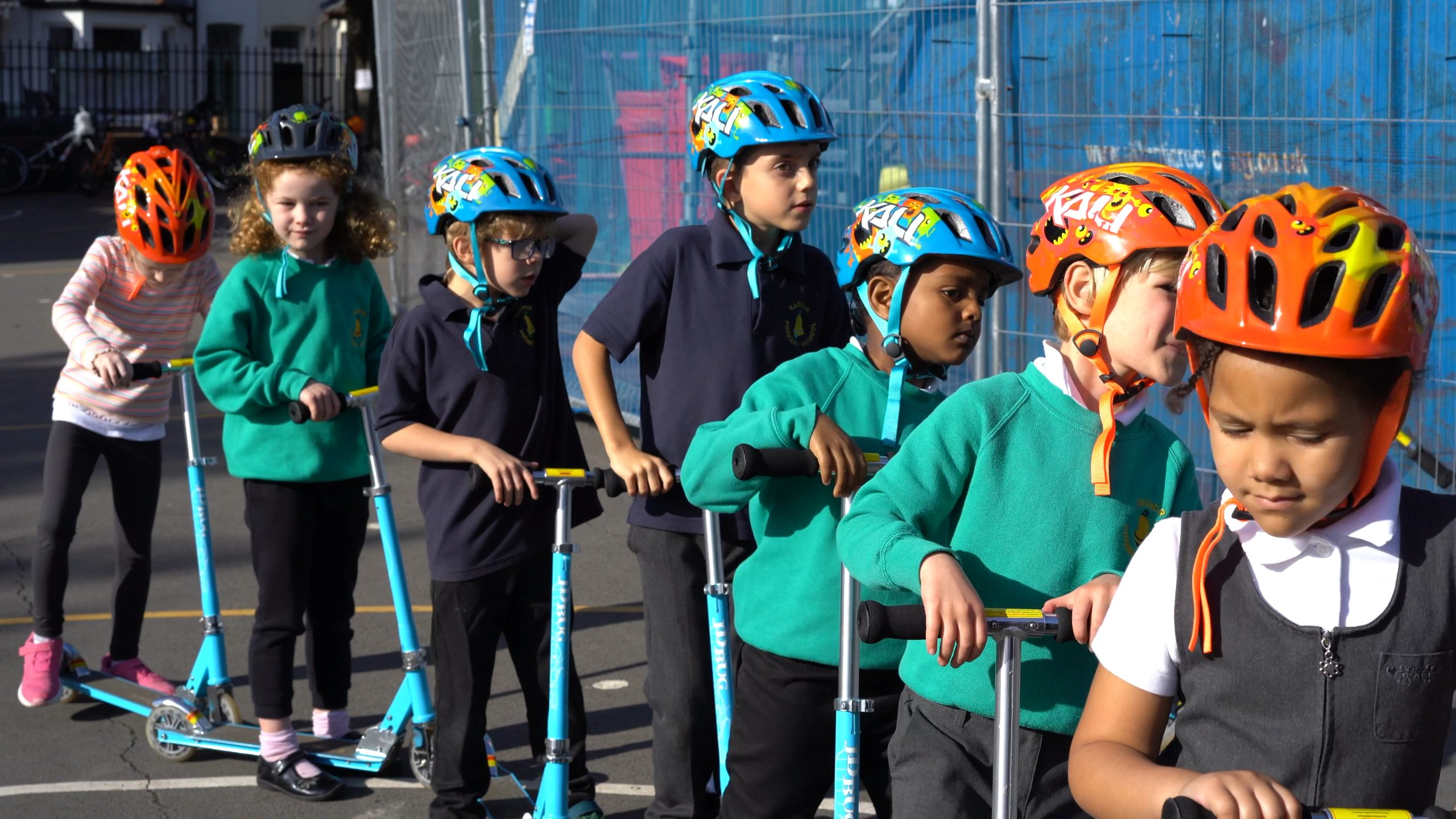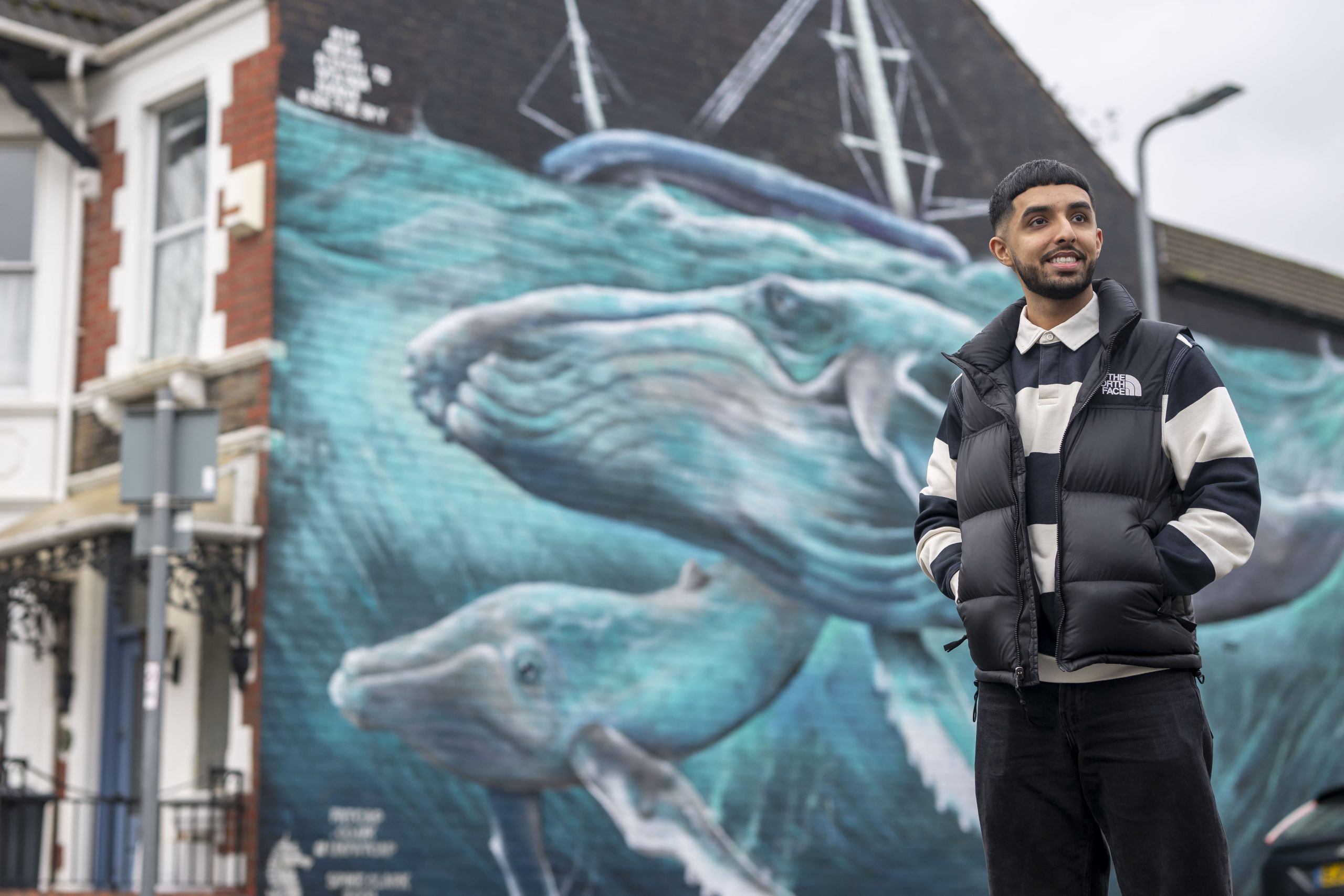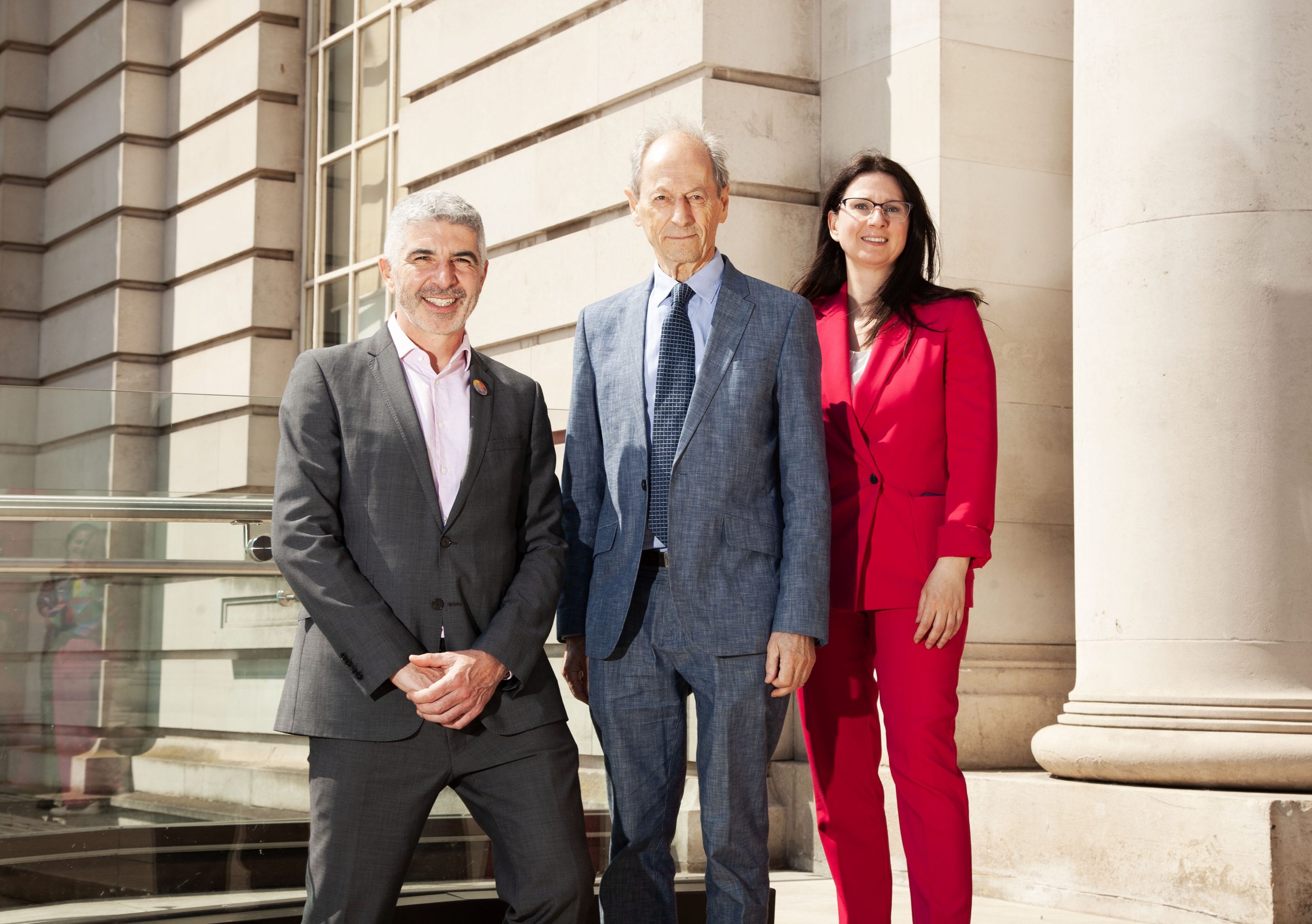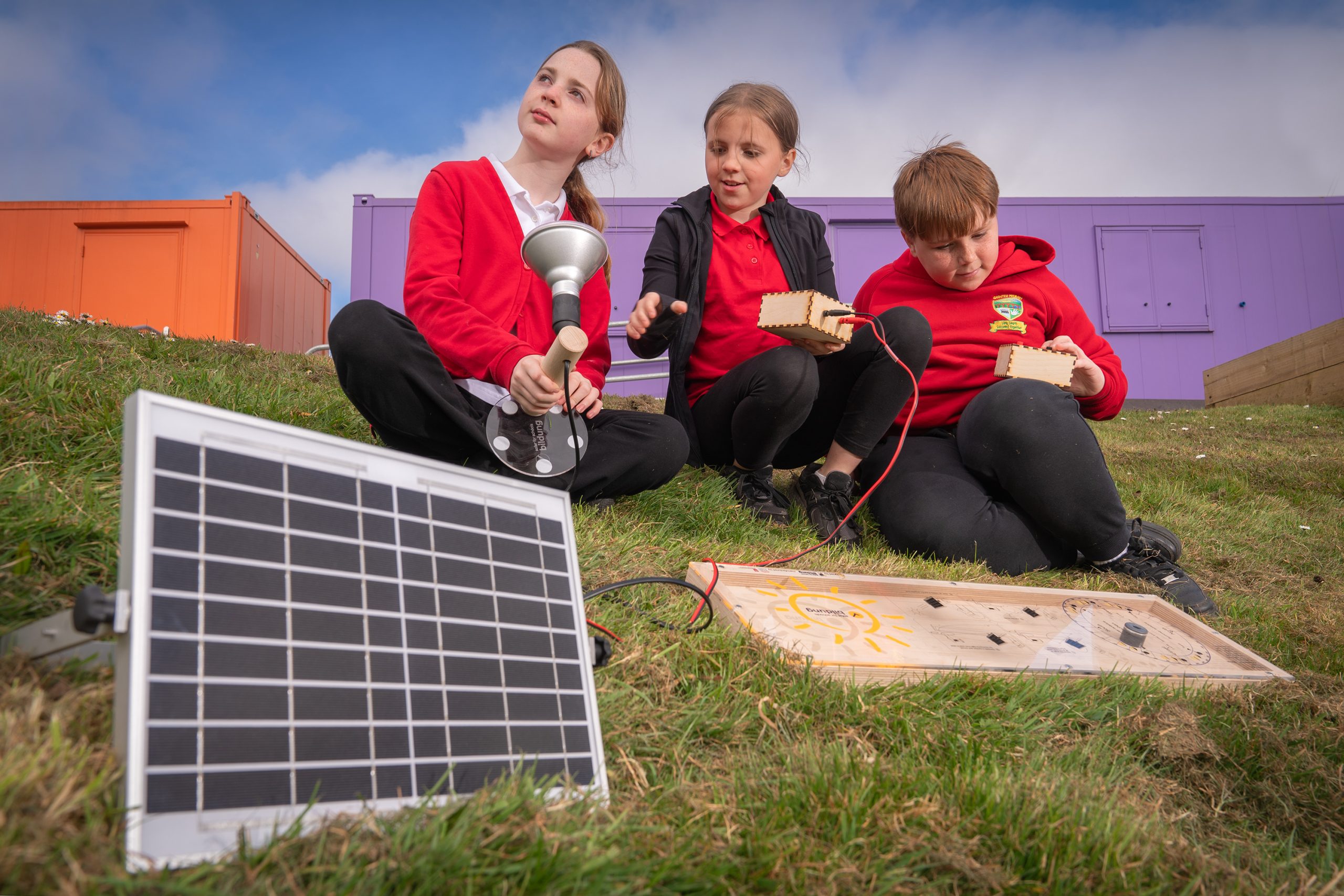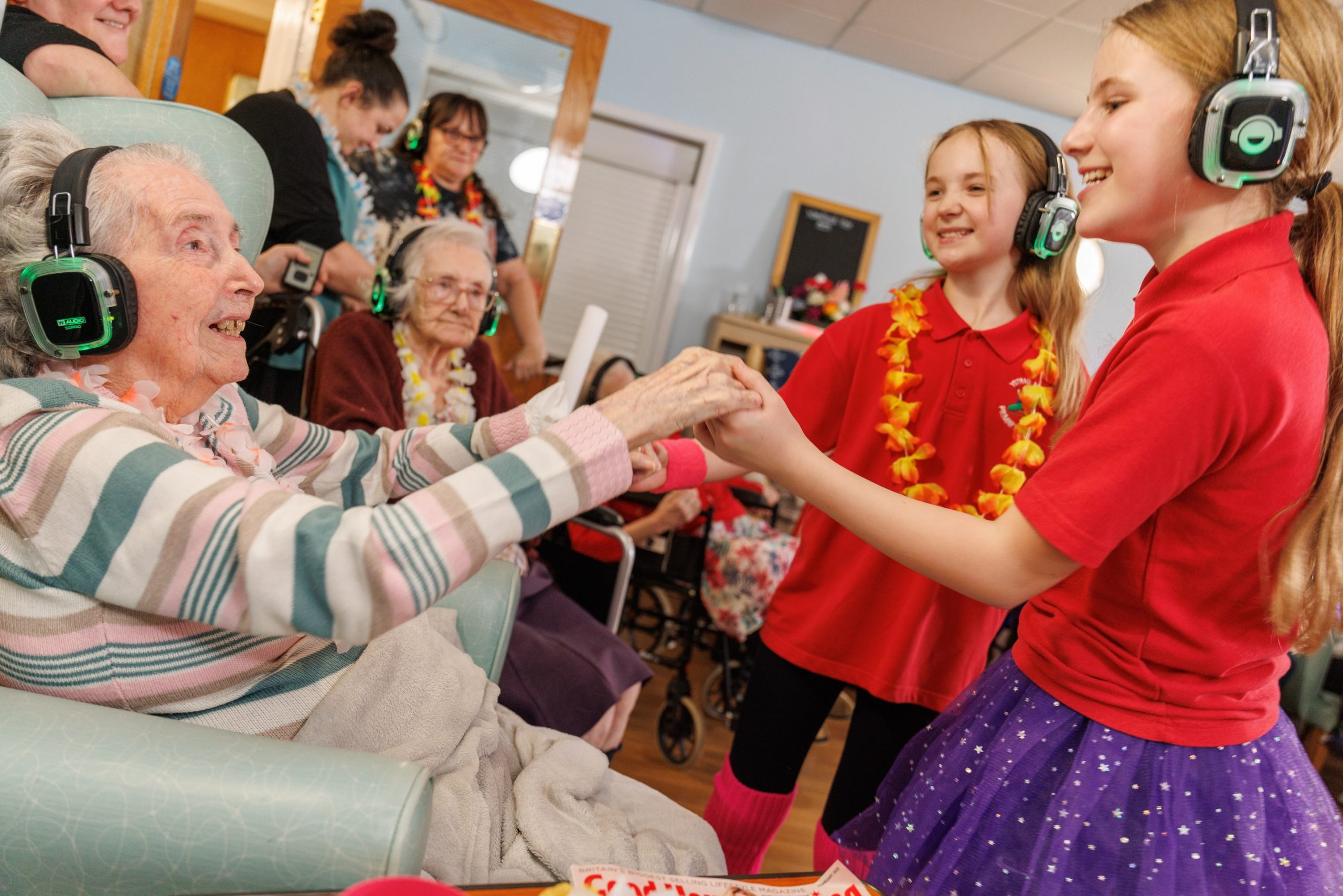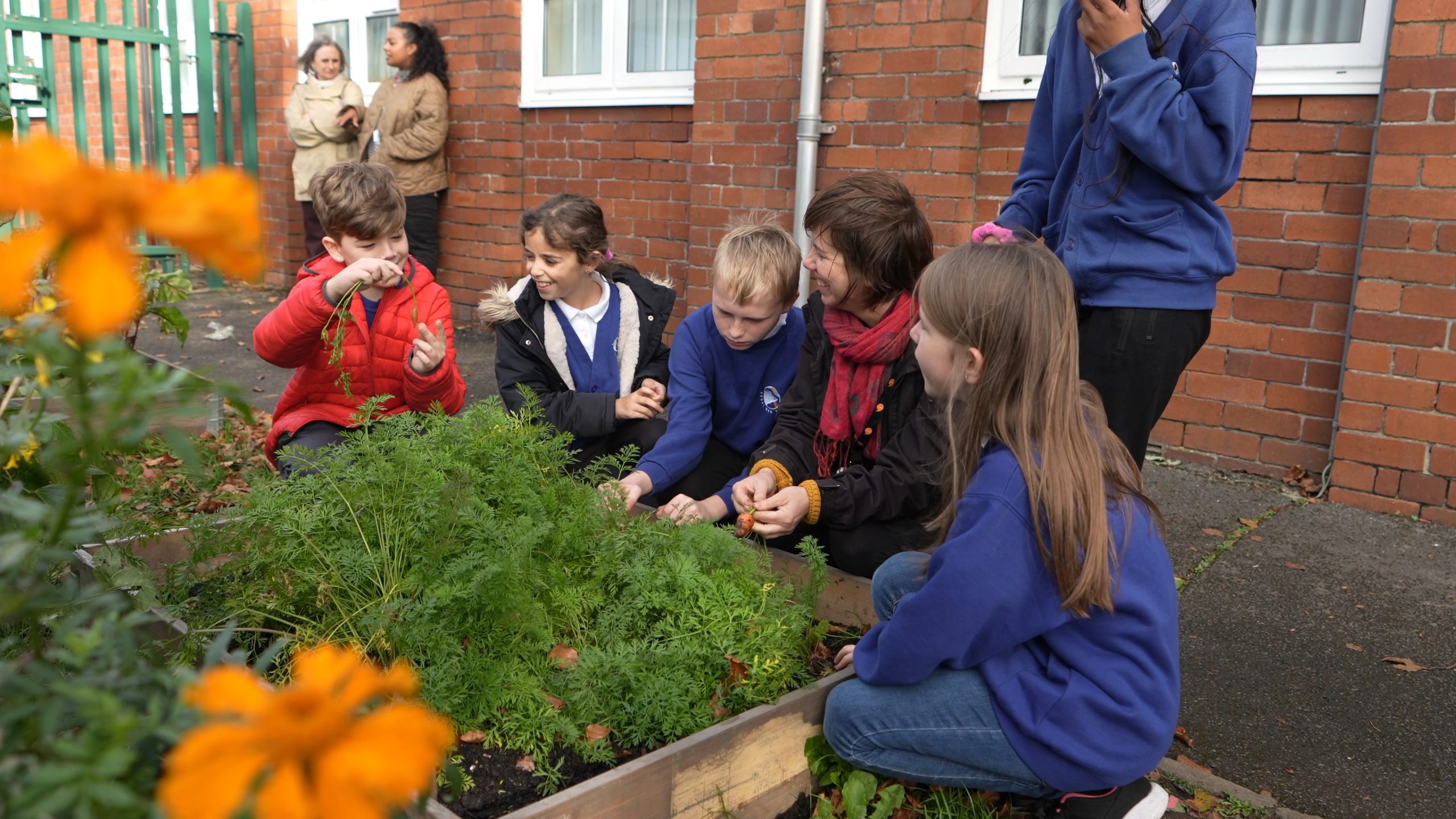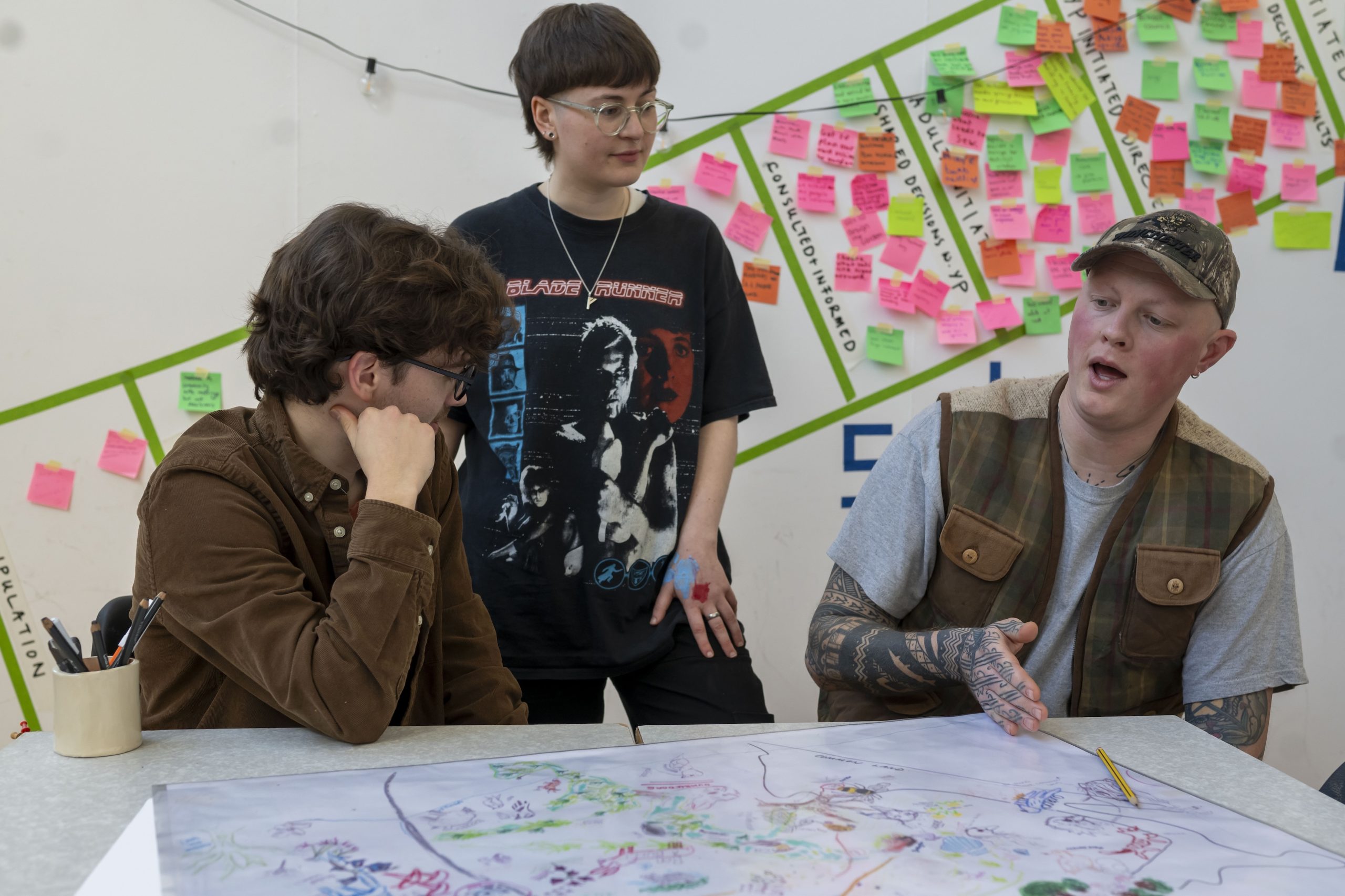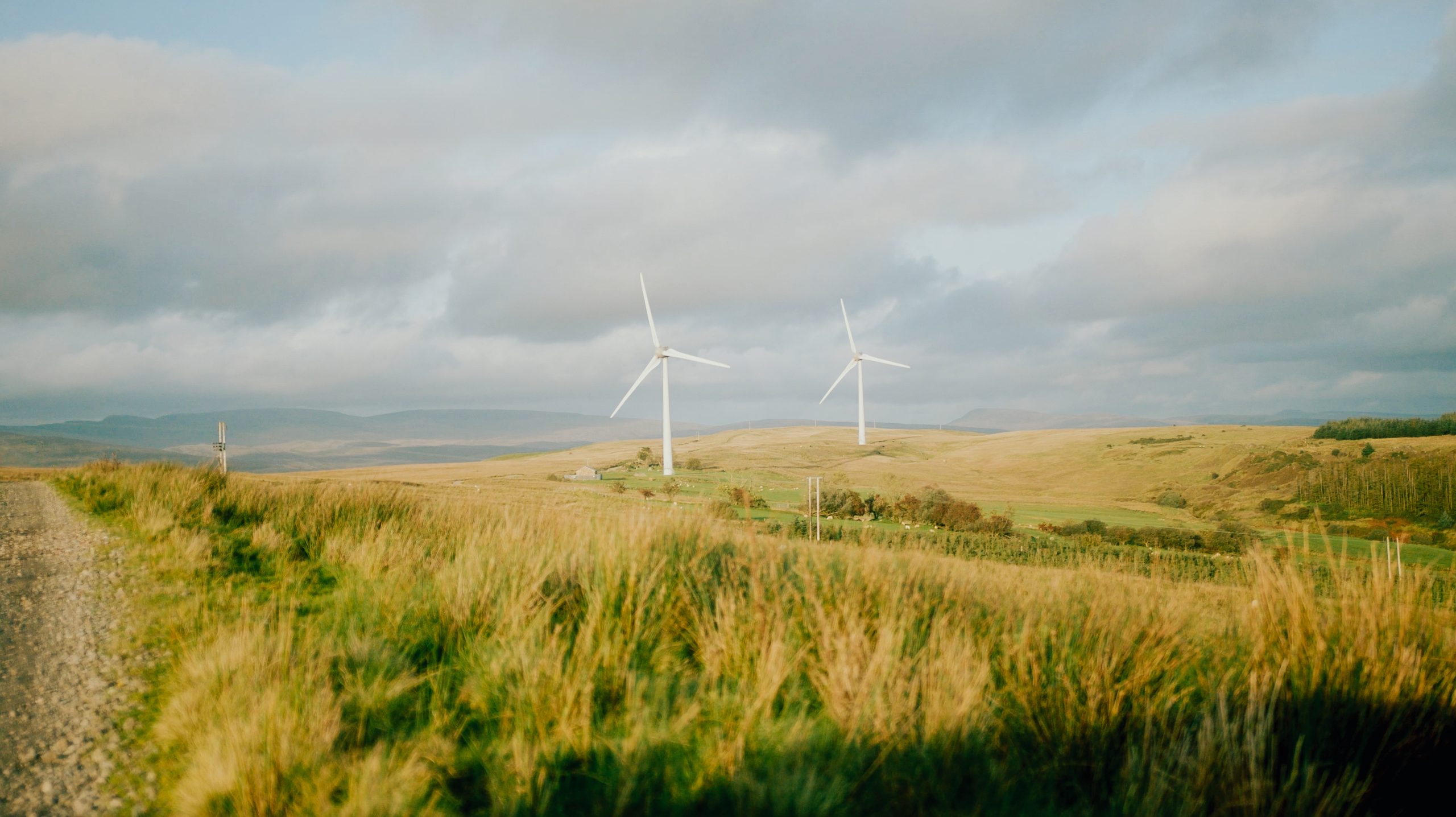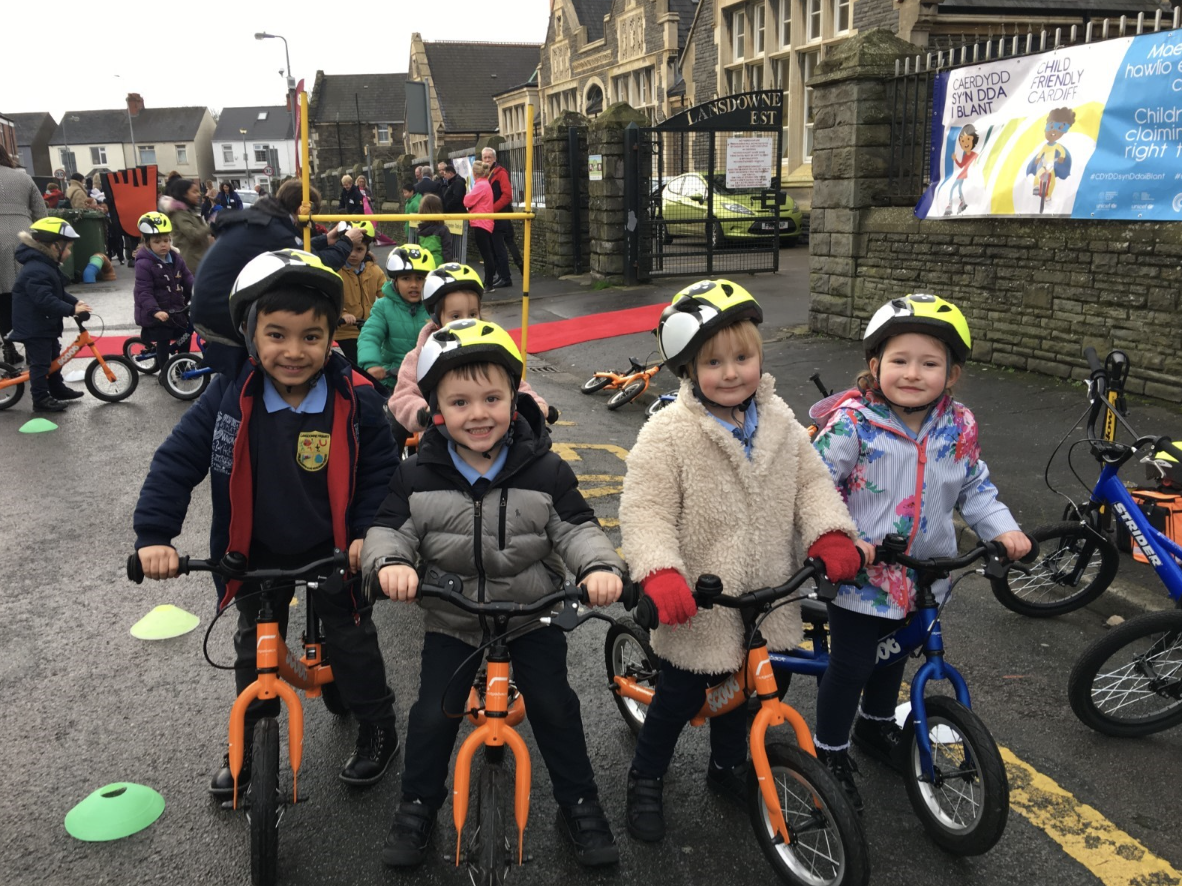A fit for the future education.
We have a new progressive school curriculum with an emphasis on developing well-rounded, ethically-informed citizens of Wales who are resilient and ready for the future.
Our primary school children are also receiving universal free school meals to reduce poverty and ensure that no child goes hungry in school.
Transport is on a greener, healthier journey.
The Well-being of Future Generations Act was used in 2019 to overturn the plan to spend £1.4bn on a 14-mile, additional stretch of motorway bypassing Newport. A nationwide campaign by climate voices, and an intervention by the commissioner, saved wetlands housing rare birds, plants and insects and changed the way we think about transport in Wales.
Our national plan for transport, Llwybr Newydd, is prioritising active travel that improves our health and environment, rejects building new roads as standard and pledges to increase public transport, walking, and cycling to 45% by 2045.
To keep communities safe, in September 2023, Wales introduced widespread 20mph speed limits across the country. In the first 18 months, 25% fewer people were hurt in road crashes and lives were saved, insurance premiums reduced, and the NHS saved millions of pounds.
“Probably the first really big decision that I had to make when I became First Minister was a decision on whether or not to give the go ahead to a new six lane M4 relief road around the city of Newport in South East Wales….
And the Well-being of Future Generations Act was very influential in that decision… So there is an example of where the WFG Act made a very practical and actually very high-profile difference in policy.”
Mark Drakeford MS, Cabinet Secretary for Finance and Welsh Language and former First Minister



